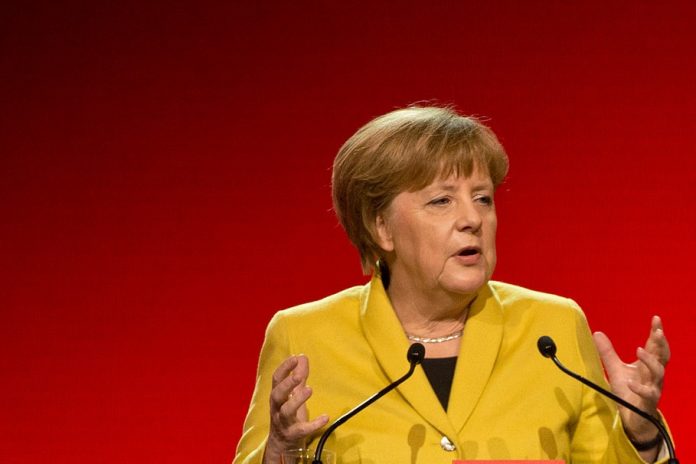A 25% tariff on steel imports and a 10% tariff on aluminium imports from the European Union, as well as Canada and Mexico, will go into effect after those countries were unable to make a deal with the United States, US Commerce Secretary Wilbur Ross told reporters on May 31.
“We look forward to continued negotiations, both with Canada and Mexico on the one hand, and with the European Commission on the other hand, because there are other issues that we also need to get resolved,” Ross said.
As reported by Deutsche Welle (DW), Germany’s international broadcaster, the EU said it will announce retaliatory measures shortly.
In response, European Commission President Jean-Claude Juncker called the news “unacceptable… protectionism, pure and simple,” and promised to announce “counterbalancing” measures within hours.
Juncker said in a May 31 press release: “Over the past months we have continuously engaged with the US at all possible levels to jointly address the problem of overcapacity in the steel sector. Overcapacity remains at the heart of the problem and the EU is not the source of but on the contrary equally hurt by it. That is why we are determined to work towards structural solutions together with our partners. We have also consistently indicated our openness to discussing ways to improve bilateral trade relations with the US but have made it clear that the EU will not negotiate under threat.”
According to Juncker, by targeting those who are not responsible for overcapacities, the US is playing into the hands of those who are responsible for the problem. “The US now leaves us with no choice but to proceed with a WTO dispute settlement case and with the imposition of additional duties on a number of imports from the US. We will defend the Union’s interests, in full compliance with international trade law.”
The EU announced later on May 31 that it would bring its case against the tariffs to the World Trade Organization on June 1, joining India and China in triggering the WTO’s dispute settlement procedure over the American trade rules.
The EU was under an exemption and had been negotiating with the Trump administration, but the exemption expired June 1.
Top European officials had gathered in Paris with US trade officials on May 30 for a last-ditch effort to avoid the tariffs, but a solution appeared far from reach. Ross said that they had “made some progress,” but not enough to warrant a new exemption.
“Today is a bad day for world trade. We did everything to avoid this outcome,” said EU Commissioner for Trade Cecilia Malmström. “Over the last couple of months I have spoken at numerous occasions with the US Secretary of Commerce. I have argued for the EU and the US to engage in a positive transatlantic trade agenda, and for the EU to be fully, permanently and unconditionally exempted from these tariffs. This is also what EU leaders have asked for. Throughout these talks, the US has sought to use the threat of trade restrictions as leverage to obtain concessions from the EU. This is not the way we do business, and certainly not between longstanding partners, friends and allies.”
German Chancellor Angela Merkel warned that the move from Washington would trigger an “escalation spiral” that could seriously harm world trade.
“We consider this unilateral measure to be unlawful, [Trump’s] stated national security concerns do not hold any water,” she said.
According to the Chairman of International Trade Committee of the European Parliament Bernd Lange (S&D, Germany), the EU has to react immediately with a firm but proportionate response.
“Unfair trade must be fought in the WTO and in the G20 Global Forum on Steel Excess Capacity,” he said. “The EU has consistently shown willingness to discuss with the US the trade issues of interest to both sides, but has also made clear that we will not negotiate under threat. We call on Member States to ensure an EU-wide unity in our response to protect our citizens.”

